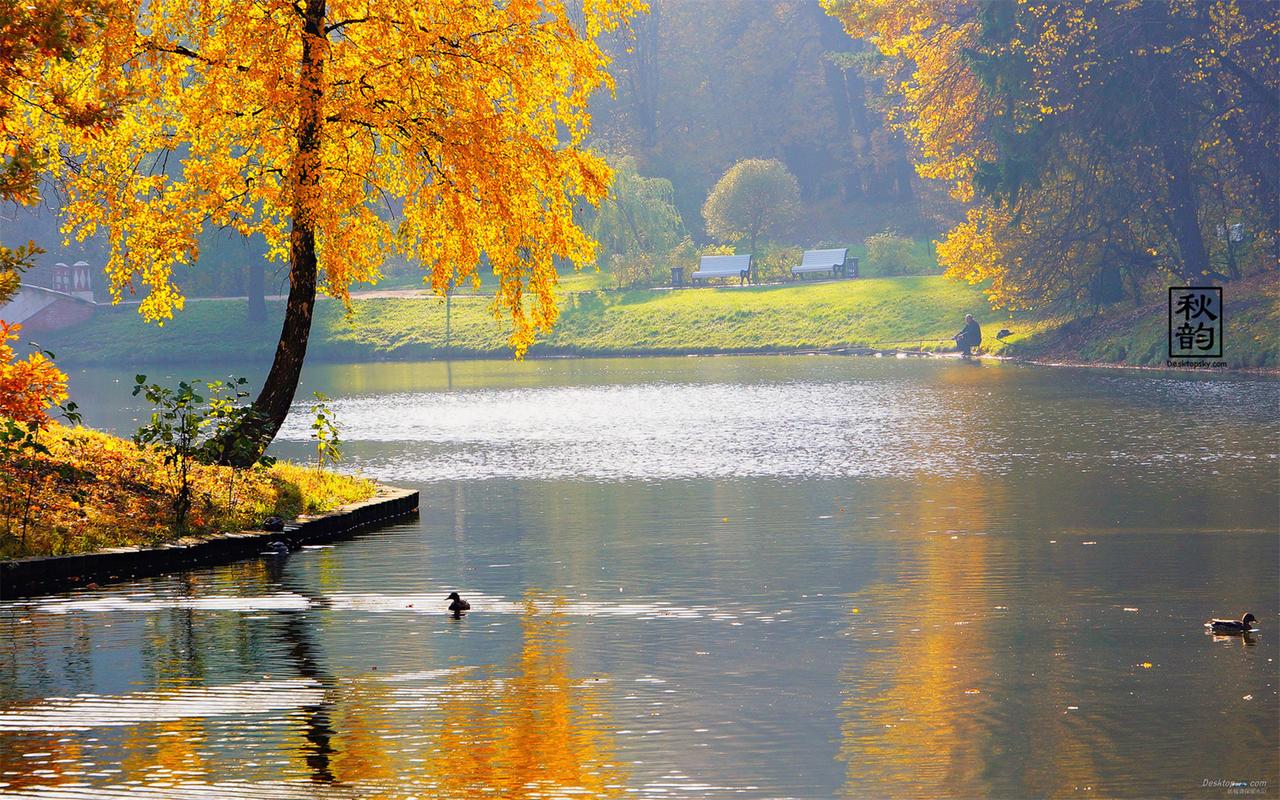Exploring the richness of regional identity: What is culture in Mexico?
Mexico is a country that has a rich, diverse, and vibrant culture. It is a culture that has been shaped by centuries of history, numerous cultural influences, and a deep sense of regional identity. Understanding the nuances of Mexican culture can be a daunting task, but it is essential for anyone who wants to appreciate and embrace this fascinating country.
Introduction
Mexico is a country that is renowned for its vibrant and colourful culture, with unique food, music, art, and traditions. These cultural characteristics are shaped by the diverse regions of Mexico, each with its distinct cultural identity. This article explores the richness of regional identity, what it means, and how it manifests itself in Mexican culture.
Body
Regional identity is a concept that refers to the cultural traits, customs, and traditions that are unique to a particular geographical area. In Mexico, regional identity is influenced by several factors; these include indigenous customs, colonial heritage, and current social trends.
Mexico is a country with 32 states, and each of these states has its unique cultural identity. For example, the state of Jalisco is famous for its tequila and mariachi music, while the state of Oaxaca is renowned for its vibrant textiles and cuisine. Understanding each state’s distinct cultural identity can help visitors and residents alike to appreciate and enjoy Mexico’s diversity.
In addition to regional identity, Mexican culture is deeply rooted in indigenous customs and traditions. Many aspects of indigenous culture, such as language, religion, and customs, have survived despite centuries of conquest and colonialism. Understanding the indigenous customs and traditions of Mexico is essential to grasp the depth and richness of Mexican culture.
However, Mexico’s cultural identity is not only influenced by the past. Contemporary social trends, such as urbanization and globalization, also shape the country’s culture. For instance, in recent years, there has been an explosion of street art across major Mexican cities. This form of art has been embraced by younger generations, who have incorporated it into their daily lives and transformed it into something uniquely Mexican.
Conclusion
Mexico has a rich and fascinating culture that is influenced by regional identity, indigenous customs, colonial heritage, and contemporary social trends. Each state in Mexico has its distinct cultural identity, with unique food, music, art, and traditions.
Understanding the complexities of Mexican culture can be a daunting task, but it is essential for anyone who wants to appreciate and embrace this fascinating country. By exploring the richness of regional identity and understanding the influence of indigenous customs and contemporary social trends, we can gain a deeper appreciation of Mexico’s vibrant and colourful culture.
Mexican culture is like a patchwork quilt, with each piece adding to its unique and varied tapestry. Whether you’re a visitor or a resident, taking the time to explore and appreciate the richness of Mexican culture is a worthwhile and rewarding experience.
Examples:
– The state of Veracruz is famous for its folk music, known as Son Jarocho, which is played on instruments such as the harp, guitar, jarana, and quijada.
– The indigenous people of Mexico celebrate several cultural festivals, including the Day of the Dead, which is a time to honour the dead and celebrate life.
– Street art has transformed cities like Mexico City into open-air art galleries, with colourful murals that express social and political messages.
(Note: Do you have knowledge or insights to share? Unlock new opportunities and expand your reach by joining our authors team. Click Registration to join us and share your expertise with our readers.)
